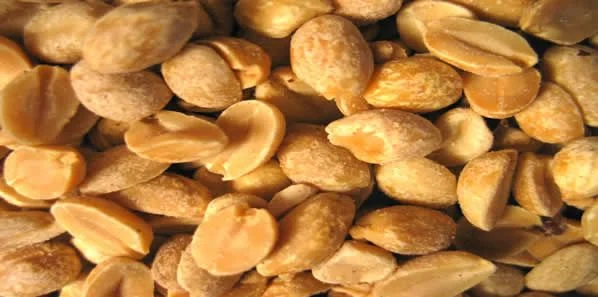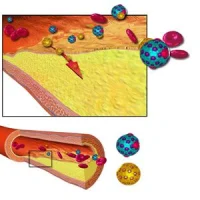According to an article published in JAMA, consumption of nuts and peanuts reduces the risk of overall death and death from cardiovascular disease across different ethnic groups and individuals with low socioeconomic status. This suggests that peanuts may be a cost-effective measure to improve cardiovascular health.
Nuts are rich in nutrients and peanuts have nutrients that are similar to tree nuts. Xiao-Ou Shu, M.D., Ph.D., of the Vanderbilt University School of Medicine, Nashville, and co-authors examined the association between nut/peanut consumption and mortality.
They analysed three study groups comprising of 71,764 low-income black and white men and women living in the south-eastern United States and 134,265 Chinese men and women living in Shanghai, China. Among the study participants, men consumed more peanuts than women. The US group had 50/50 nut/peanut consumption while the Chinese group consumed peanuts only.
The findings show that nut intake was associated with reduced risk of total mortality and cardiovascular disease (CVD) death in all study groups. The US study group showed a 21 percent reduced risk of total mortality and the Chinese group showed a 17 percent risk reduction for death. High nut intake was associated with a reduced risk of ischaemic heart diseases in all ethnic groups.
“We found consistent evidence that high nut/peanut consumption was associated with a reduced risk of total mortality and CVD mortality. This inverse association was observed among both men and women and across each racial/ethnic group and was independent of metabolic conditions, smoking, alcohol consumption and BMI. We observed no significant associations between nut/peanut consumption and risk of death due to cancer and diabetes mellitus. … We cannot, however, make etiologic inferences from these observational data, especially with the lack of a clear dose-response trend in many of the analyses. Nevertheless, the findings highlight a substantive public health impact of nut/peanut consumption in lowering CVD mortality given the affordability of peanuts to individuals from all SES (socioeconomic status) backgrounds,” the study concludes.
In an accompanying editorial, Mitchell H. Katz, M.D., director of the Los Angeles County Department of Health Services and a deputy editor of JAMA Internal Medicine says that even if peanuts are not really nuts but legumes grown in bushes, they are still an affordable means to help people live longer.
Source: JAMA
Image Credit: Wikimedia Commons










